Sneak Peak 2023 & Science into Practice #125 Wild animals in entertainment
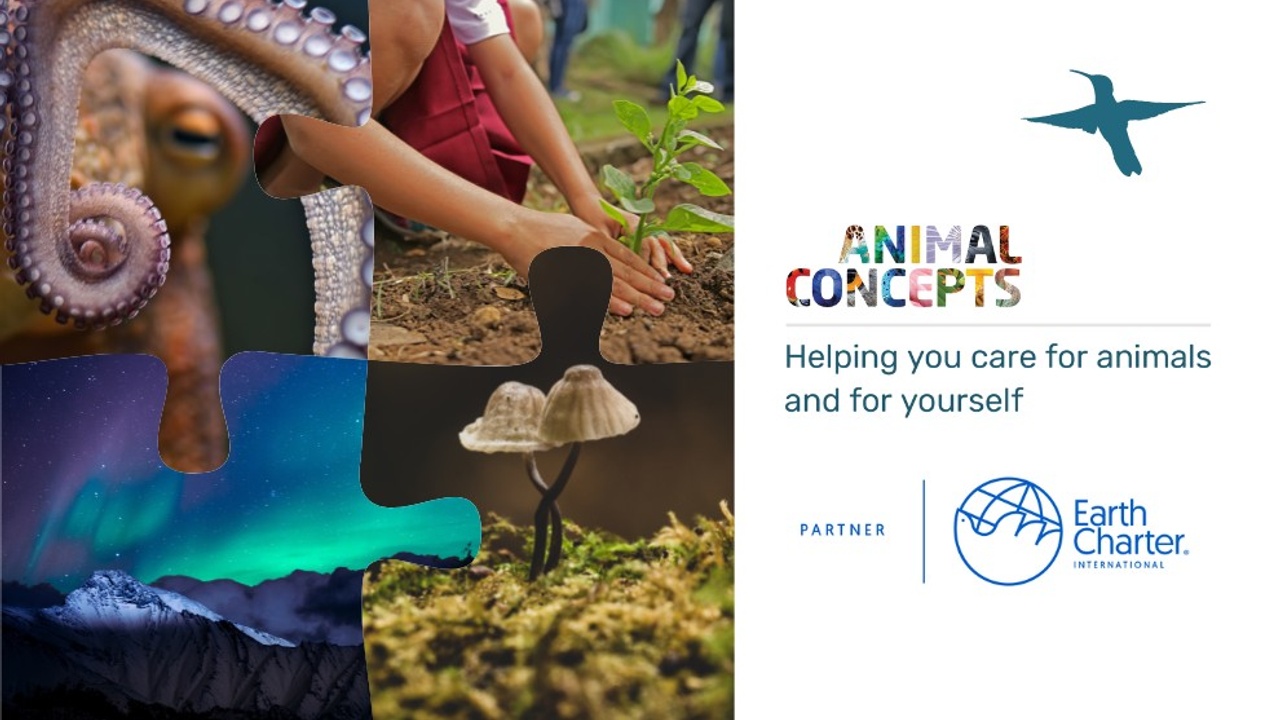
Sneak peek planning 2023
You gave us feedback on topics and resources, download the 2023 planning for the overview of the monthly TOPICS HERE or click on the picture below. The overarching theme of the year is TRANSFORMATIONAL LEADERSHIP. You are ready, let's go!
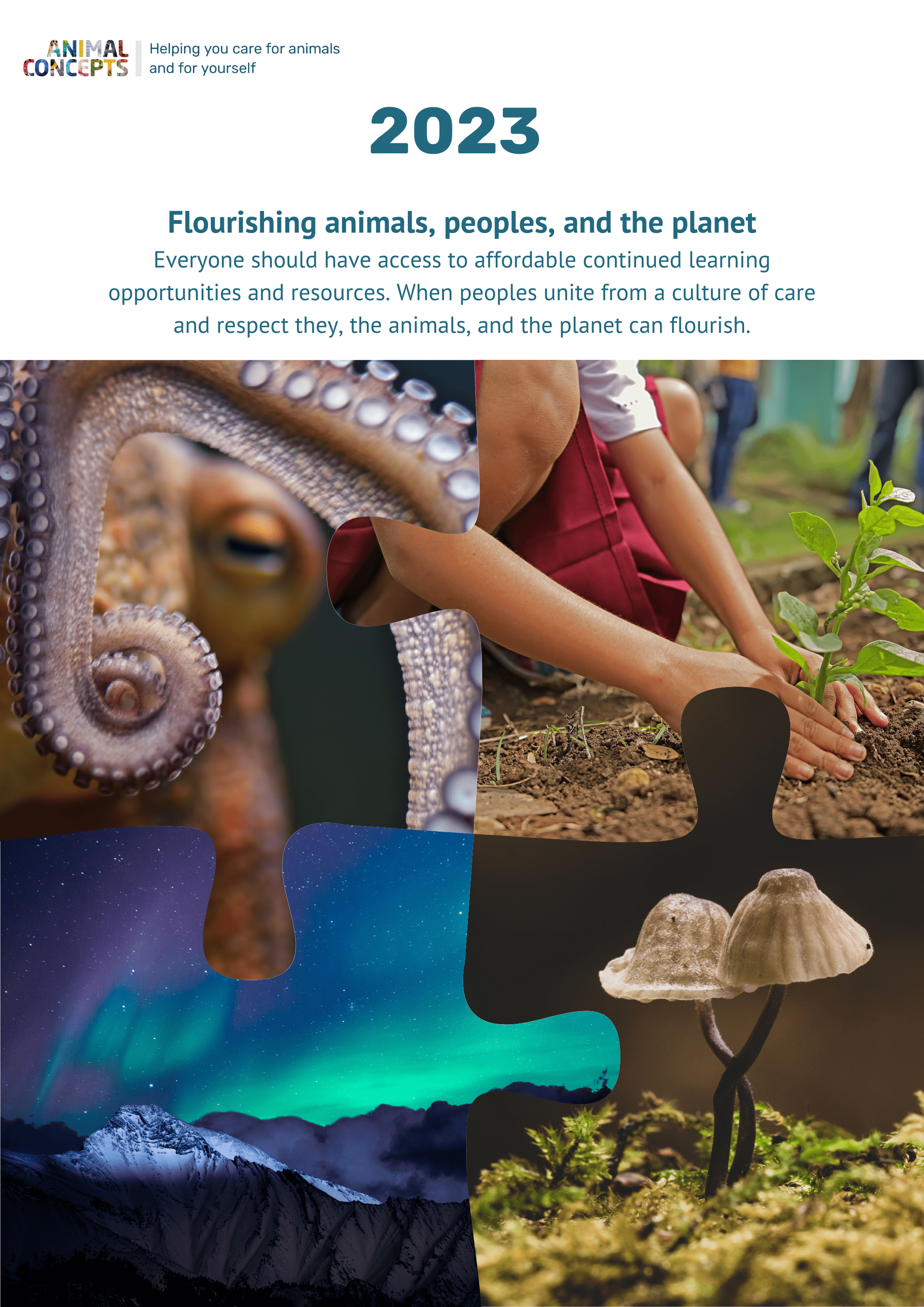
Catch Me a Colobus ZSL ABMA Behavior Month 2022
You can watch all kinds of presentations on the Animal Behavior Management Alliance YouTube Channel, check them out, if you feel inspired you can start with the one below or choose another from the channel's videos!
Catch me a Colobus! Habituation and training for a new development by Jim Mackie Animal Behaviour Management Officer and Jacob Winfield Senior Primate Keeper. This presentation tells the story so far…
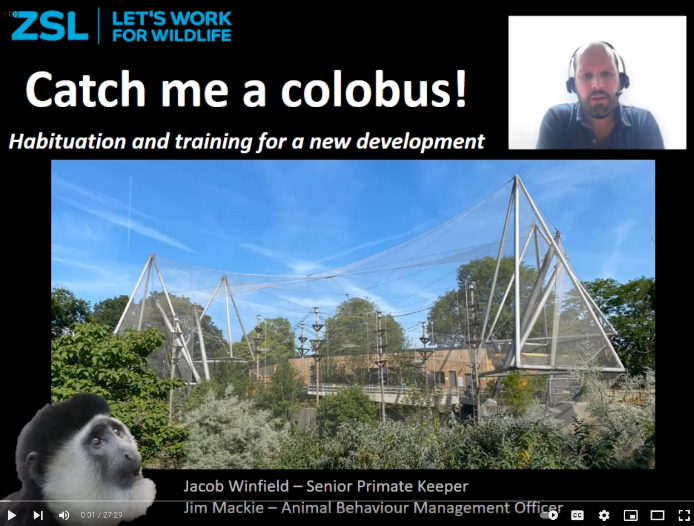
Another Science into Practice is available on the PAWS platform!

Links to some practical examples
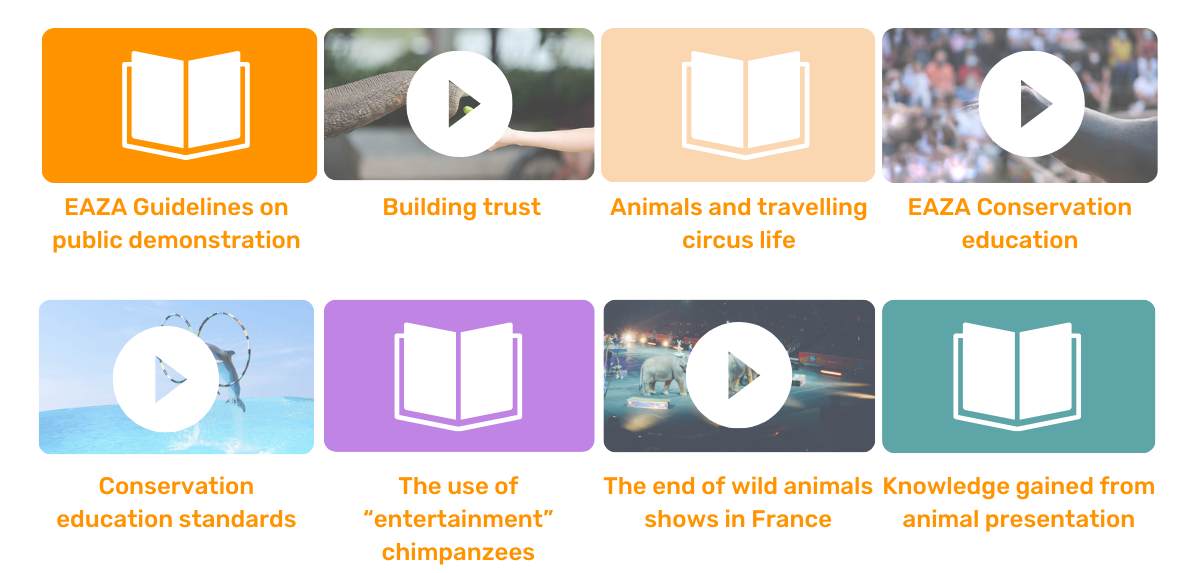
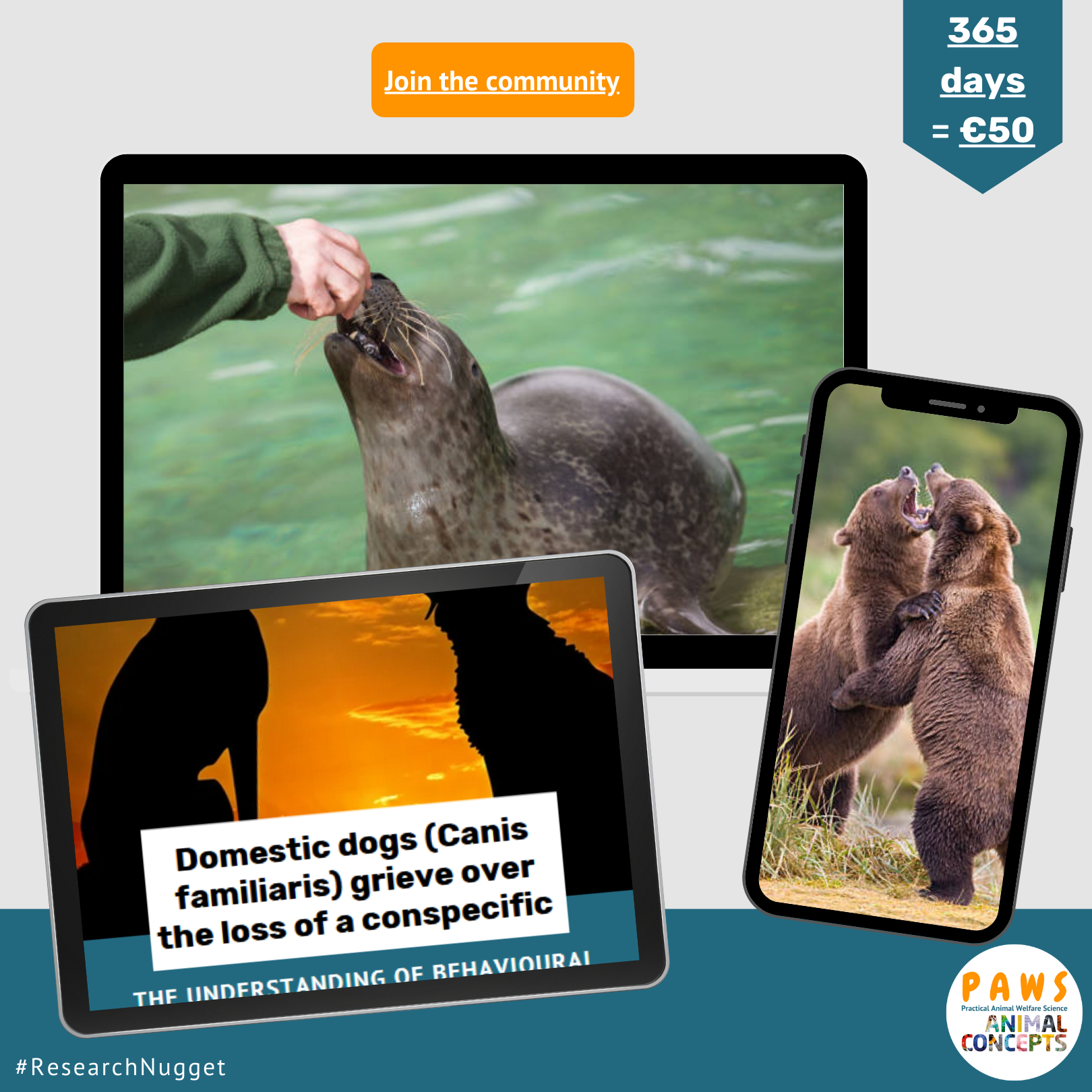 Want to learn more? Sign up HERE
Want to learn more? Sign up HERE
Behaviour, animal training and human wellbeing- Science into Practice #124 Training as enrichment: a critical review
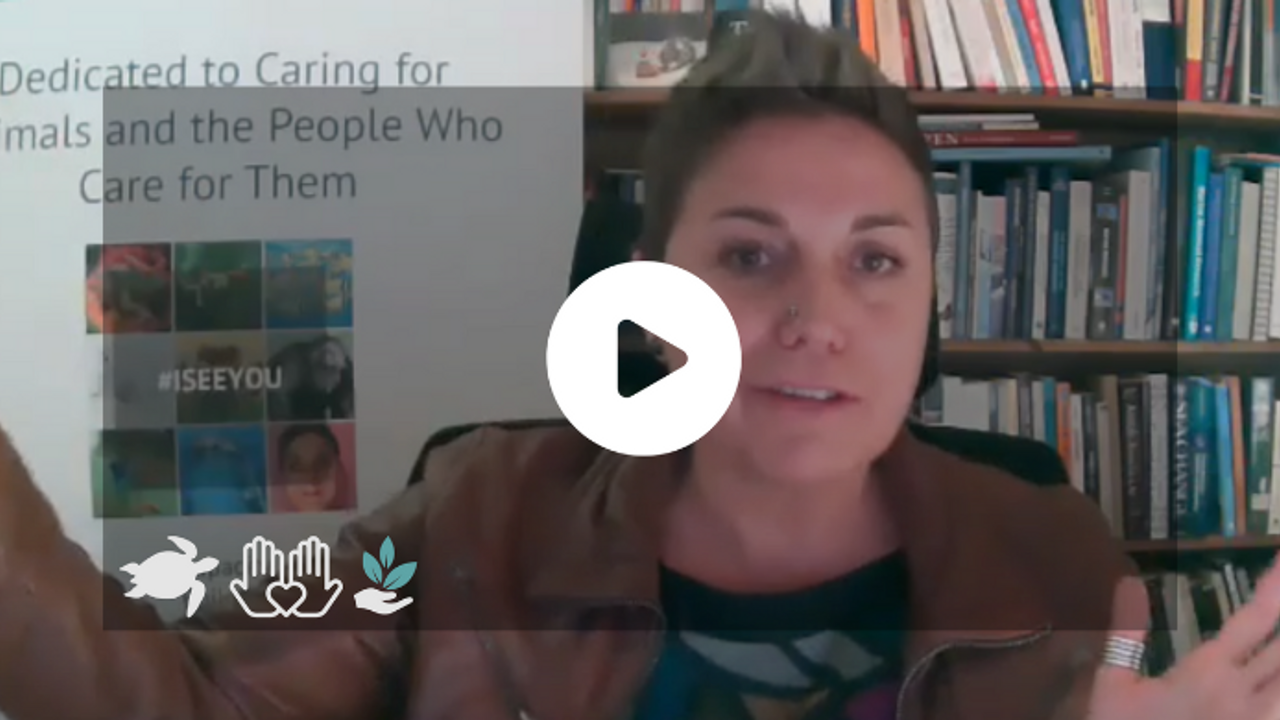
Watch and listen to a zoo-focused virtual behavior chat hosted by Dr. Eduardo (Eddie) J Fernandez (Florida Tech; University of Adelaide), with Sabrina Brando (AnimalConcepts), Dr. Elizabeth (Betsy) Herrelko (Smithsonian's National Zoo), Nicholas (Nic) Bishop (Adelaide Zoo). It was recorded on February 26th, 2021. In this chat, we cover many topics related to the science and practice of animal training, enrichment, and general welfare of zoo animals. Some specifics include increasing and examining optimal animal-visitor interactions, training as both a means to increase husbandry/veterinary procedures as well as a form of enrichment, how we incorporate both research and practice into proper zoo animal welfare, and lots of responses to attendee questions/comments. On the YouTube page, you also find a lot of references! You can access by clicking HERE
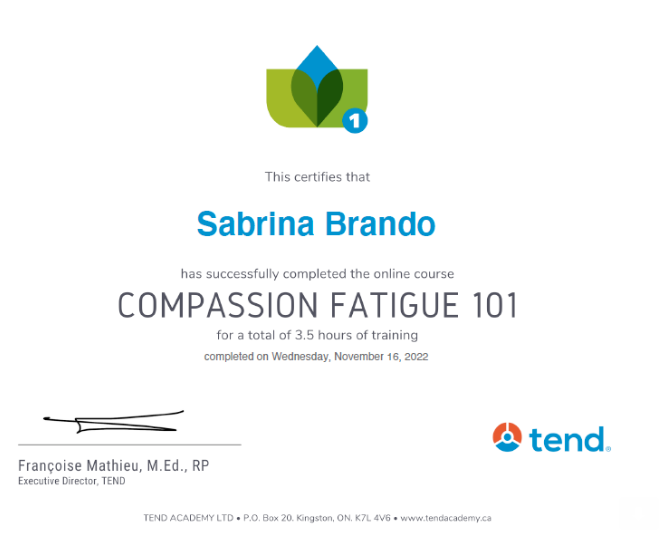
Ongoing learning and sharing is at the core of AnimalConcepts philosophy and to continue serving our community in the human wellbeing sp...
Science into Practice #123 Animal training, environmental enrichment, and animal welfare: a history of behaviour analysis in zoos

There have been many advancements in zoo animal welfare and management that are present in modern, accredited zoos. These have been shaped by two major behavioural welfare advances: (a) the use of training to increase voluntary husbandry care, and (b) the implementation of environmental enrichment to promote naturalistic behaviours. Both practices have their roots in behaviour analysis, or the operant conditioning-centered, reward-based approach. The authors present key individuals and events that formed two of the advancements of the modern zoo: (1) the emergence of reward-based husbandry training practices, and (2) the engineering of environmental enrichment. This paper suggests ways in which behaviour analysis can continue to advance zoo welfare.
Links to some practical examples


Science into Practice #122 Animal learning and training implications for animal welfare

Animal welfare is an ever-evolving field that practitioners keep in mind when implementing training and management practices. With this evolution, our understanding of the learning process can help provide an overall positive environment for the animals we care for. With good human-animal relationships, caregivers have the power to assess behaviour to inform how to alter practices, in order to address, prevent and treat behavioural differences seen in human care. Practitioners must remember that animals are always learning from their environment. It is crucial to understand the roles animal behaviour and learning play in animal welfare to provide them the best care.
Links to some practical examples


Science into Practice #121 The effect of handling methods on cortisol levels in harbour porpoises

There is an increasing concern for improving the well-being of marine mammals held in human care for research, display, and rehabilitation. Therefore, more effort is progressively put into assessing animal stress. The ability to measure stress is indeed necessary for identifying the least stressful methods for capturing and handling marine mammals. Circulating cortisol levels are accepted as a sensitive indicator of acute stress in marine mammals, particularly in relation to capture and handling. This study presents the first long-term monitoring of cortisol levels in four harbour porpoises (an adult male, an adult female and two juvenile females) held in human care.
Links to some practical examples


Science into Practice #120 The ethics of animal training procedures

While science and ethics are separate philosophical approaches, they are not mutually exclusive - ethics can and should drive science and vice versa. In other words, scientists and animal care practitioners should be involved in making ethical decisions and the ethics can be supported and facilitated by scientific observations and data. Animal training ethics are guided by a number of principles, such as any existing legislation surrounding the use of animals, training guidelines, and the opinions and experience of animal trainers. It is important that these guidelines are adaptable and flexible; as more data is collected through practice, animal welfare scientists and practitioners can continuously seek various methods of improving the living conditions of animals living in and out of human care.
Links to some practical examples
Swimmingly forward: Fish welfare, pain and intelligence

By Holly Molinaro & Sabrina Brando
Usually, we release one Science into Practice (SiP) resource every week. For this month, we have a little bonus for you. Two SiPs in one week! You can access all materials via the PAWS platform, not a member yet? Become one HERE or sign up for more blogs like this via our newsletter!
This week, both SiPs are about fish welfare, pain and intelligence.
One of the reasons for this is that we would like to discuss and cover a wide variety of topics and stances, including the ones we do not necessarily adhere to. We should make all efforts to not fall into the trap of excluding information just because it does not fit our worldview, philosophy, or opinion, but rather discuss openly and put forward our ideas, thoughts and feelings, bringing in all the science and other perspectives available to have a deeper conversation.
(1) Rose (2007), Anthropomorphism and ‘mental welfare’ of fishes
and
(2) Sneddon (2019), Evolution of nociception and pain: evidenc...



